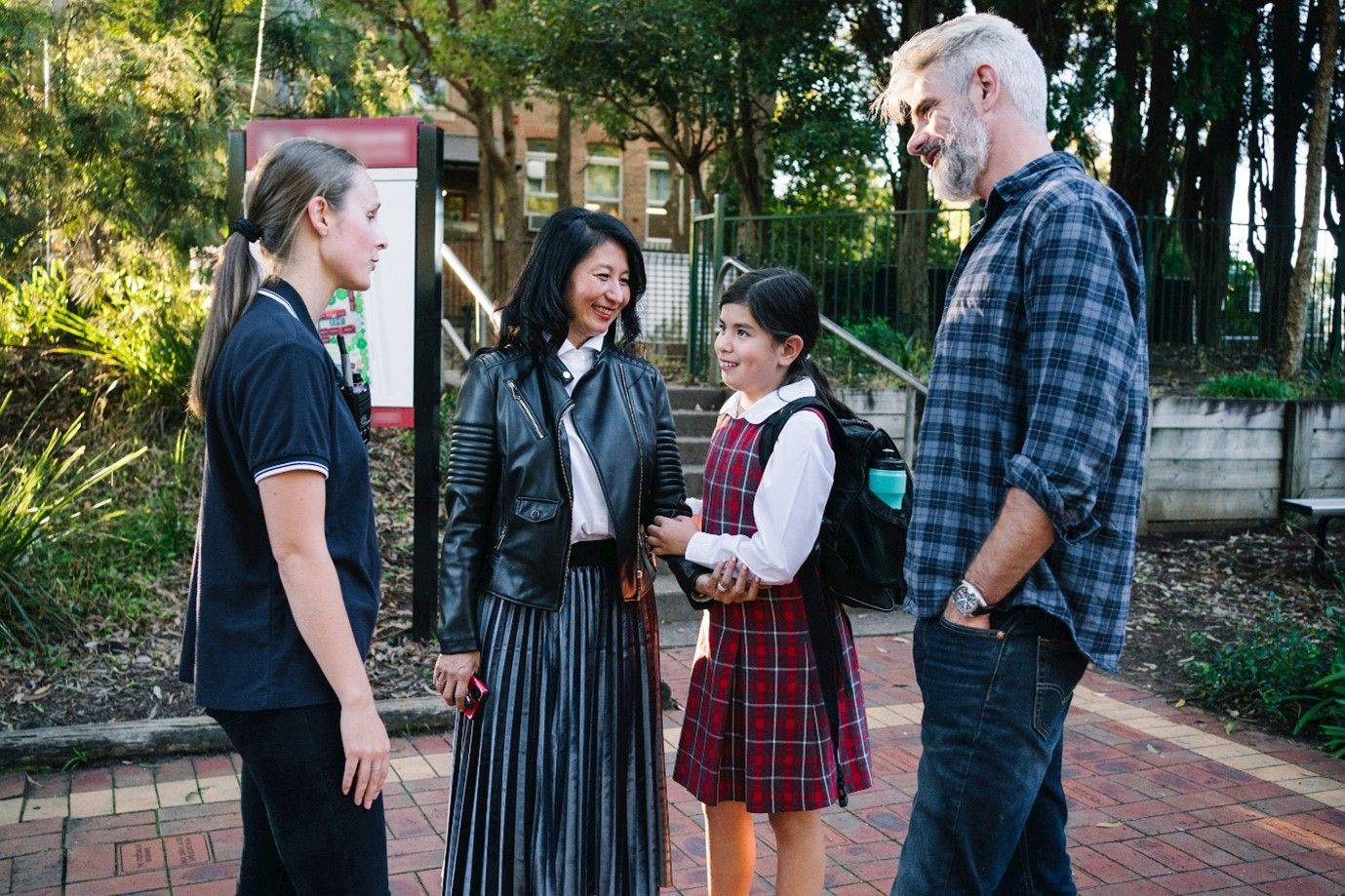
Quality education and care for school age and preschool children is available in outside school hours care (OSHC) services. They may offer before and/or after school care during school terms, and some also offer vacation care during school holidays.
Some family day care (FDC) services and centre-based long day care (LDC) services also offer OSHC.
From 22 July 2024, OSHC services can also provide care primarily to preschool aged children either side of preschool sessions. Previously, an OSHC service could only provide care primarily to school aged children.
Research shows that experiences in childhood matter a lot. Human beings learn and change throughout life, and their early experiences form the basis for development, learning and wellbeing.
The family is the most important influence on a child, and if they attend an education and care service, the experiences and relationships that happen there are also important.
The characteristics of quality OSHC care revolve around:
Relationships
In a quality OSHC service, great importance is placed on the relationships between children and educators, and there should be many warm, friendly interactions between them, in which adults show respect for children. The educators work in partnership with families and the school to get to know the child in the context of their family, and the wider school community. There should be effective and ongoing exchanges of information between educators, families and, the child’s school, about their needs, routines and experiences.
These practices are most important:
- children’s ideas, inputs and opinions are sought and valued within the development of the program
- children are supported to interact fairly and respectfully with others, and to negotiate and resolve issues effectively
- children are given appropriate and effective behaviour guidance strategies to help them regulate their own and other’s behaviour.
Experiences
In a quality OSHC setting, children’s experiences should provide them with many opportunities to play and explore, and recognise that these are wonderful ways for children to learn and develop.
The following are particularly important:
- as children have just spent time at school, within OSHC there needs to be opportunities for children to relax, take part in leisure activities and to spend time with their friends and peers
- children are encouraged to participate in the community, for example, by using local facilities such as libraries, recreation centres and by participating in community projects such as tree planting, art shows or national clean-up projects
- there is support for children to develop their self-esteem and confidence
- within the program there are possibilities for children to start a new interest or hobby, learn a new sport, and to share their interests and skills with others.
Programs for children
In a quality OSHC service, the planned activities are based on each child’s interests, needs and abilities. Quality practice happens when educators make flexible plans and prepare for positive relationships and children’s experiences.
More particularly:
- there are informal and formal procedures in place to evaluate and reflect on every aspect of children’s programs with the aim of improving practice
- planning gives children choices and builds flexibility into the schedule. The way the day is organised including the routines or daily experiences allow for adjustments to be made, taking into account unexpected events and the needs of individual children.
Environment
Resources are a key aspect of an OSHC environment, and there should be a variety of play and learning materials, equipment and resources, indoor and outdoor, for children to use in many ways. The materials should encourage children to explore, think and solve problems, as well as support children’s creativity and stimulate their curiosity.
The service should be rich in language and print. For example, children should be able to access different types of literature such as books and magazines.
OSHC services sometimes operate out of spaces that they share with others, (such as school halls or classrooms) meaning that they may have limited access to space for storage. They may be required to set up and pack away the entire space that they use at the end of each session.
In a quality OSHC service:
- there is adequate safe space for children to engage in vigorous physical activity, such as different team sports, to ‘let off steam’ after school
- appropriate space and resources are available for children who choose to do homework
- where facilities are shared with younger children (in case of LDC or FDC), there should be adequate furniture and resources available that are appropriate for school age children.
Health and safety
Maintaining children’s health and keeping them safe is every service’s fundamental responsibility.
Children in service settings are more likely to come into contact with contagious illnesses than at home. The service should have a thorough understanding of best practice in health and safety and written policies that reflect and support this best practice.
A quality OSHC service should:
- implement recommended sun safety practices
- supervise children effectively, and ensure that children do not have unsupervised access to animals, spaces within schools that are not part of the OSHC service
- ensure the environment is smoke, drug and alcohol-free
- have a policy to promote healthy nutrition, including when food is brought from home.
To decide whether a service will be suitable for your child, you should consider visiting the service at least once, to spend some time in the children’s environment and to talk with the educators at the service about the children’s program and routines.
Many OSHC services will hold an orientation session as part of the school orientation, and this can help your child to settle into the environment more easily.
Find an OSHC service
You can use our search tool to find an outside school hours care service and view its quality rating, fees, vacancies and inclusions.